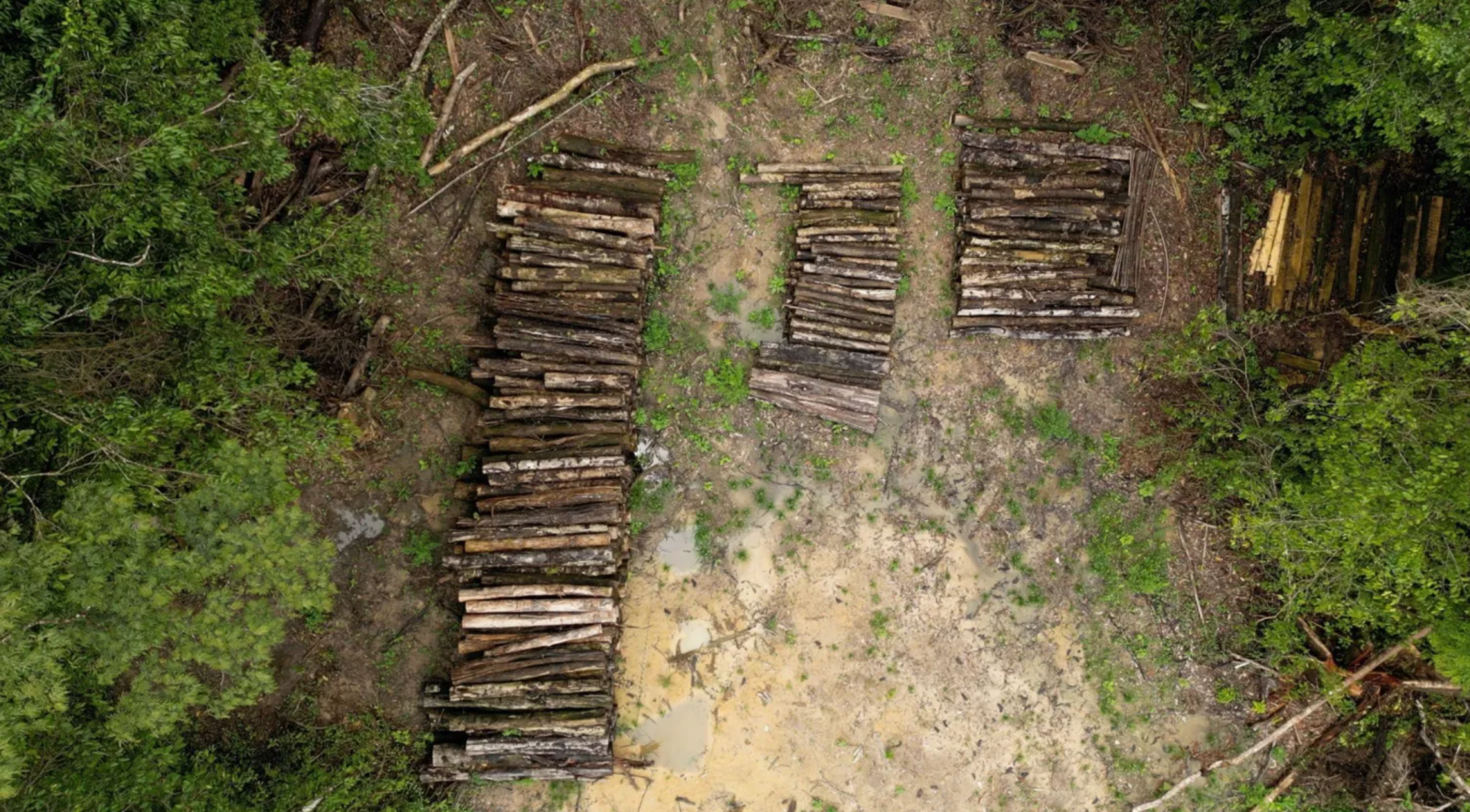
Deforestation Contradicts Climate Goals
The Amazon rainforest, often referred to as the "lungs of the Earth," plays a critical role in absorbing carbon dioxide and preserving biodiversity. However, the clearing of vast areas of forest to build infrastructure for a climate conference has led many to question whether COP30's environmental commitments are being undermined by its own logistical preparations.
Along the partially built road, lush rainforest that once thrived has been reduced to piles of logs, and machines continue to pave over wetlands. The highway cuts through a protected area, leaving fragmented sections of forest on either side, a development that experts warn will disrupt wildlife migration and threaten delicate ecosystems.
Local Communities Left Without Compensation
For residents of the Amazon, the construction of the road has meant losing their homes, income, and way of life.
"Everything was destroyed. Our harvest has already been cut down. We no longer have that income to support our family," says Claudio Verequete, who used to make a living harvesting açaí berries.
Despite the disruption to their livelihoods, many residents have received no compensation and won't benefit from the road, which will have barriers on both sides, preventing local access.
"If someone gets sick and needs to go to the center of Belém, we won't be able to use it," Verequete adds.
Impact on Wildlife and Ecosystem
Conservationists warn that the road will have a devastating effect on biodiversity.
"From the moment of deforestation, there is a loss. Land animals will no longer be able to cross to the other side, reducing the areas where they can live and breed," says Prof. Silvia Sardinha, a wildlife vet who rehabilitates injured animals.
With fragmented habitats, many species may face population decline or even local extinction.
Government Defends "Sustainable" Development
Despite the backlash, officials argue that the highway will improve mobility and modernize Belém. The Pará state government has described it as a "sustainable highway", featuring wildlife crossings, bike lanes, and solar-powered lighting.
"This is an important mobility intervention that will leave a legacy for the city," says Adler Silveira, the state's infrastructure secretary.
Additionally, major infrastructure projects are underway to accommodate COP30 guests, including:
- A $81 million airport expansion, doubling passenger capacity.
- A redeveloped port, allowing cruise ships to dock.
- A 500,000 sq-meter urban park with green spaces and recreational facilities.
- New hotels and commercial projects to boost tourism.
Critics Call for Greater Accountability
While some local business owners see COP30 as an economic opportunity, environmentalists argue that the summit's sustainability goals are being overshadowed by harmful development.
"We hope the discussions aren't just on paper. The planet needs real action," says João Alexandre Trindade da Silva, a local market vendor.
With growing scrutiny over the carbon footprint of flying thousands of world leaders to the Amazon, many question whether COP30 can truly deliver on its promises to combat climate change while contributing to deforestation and habitat destruction.